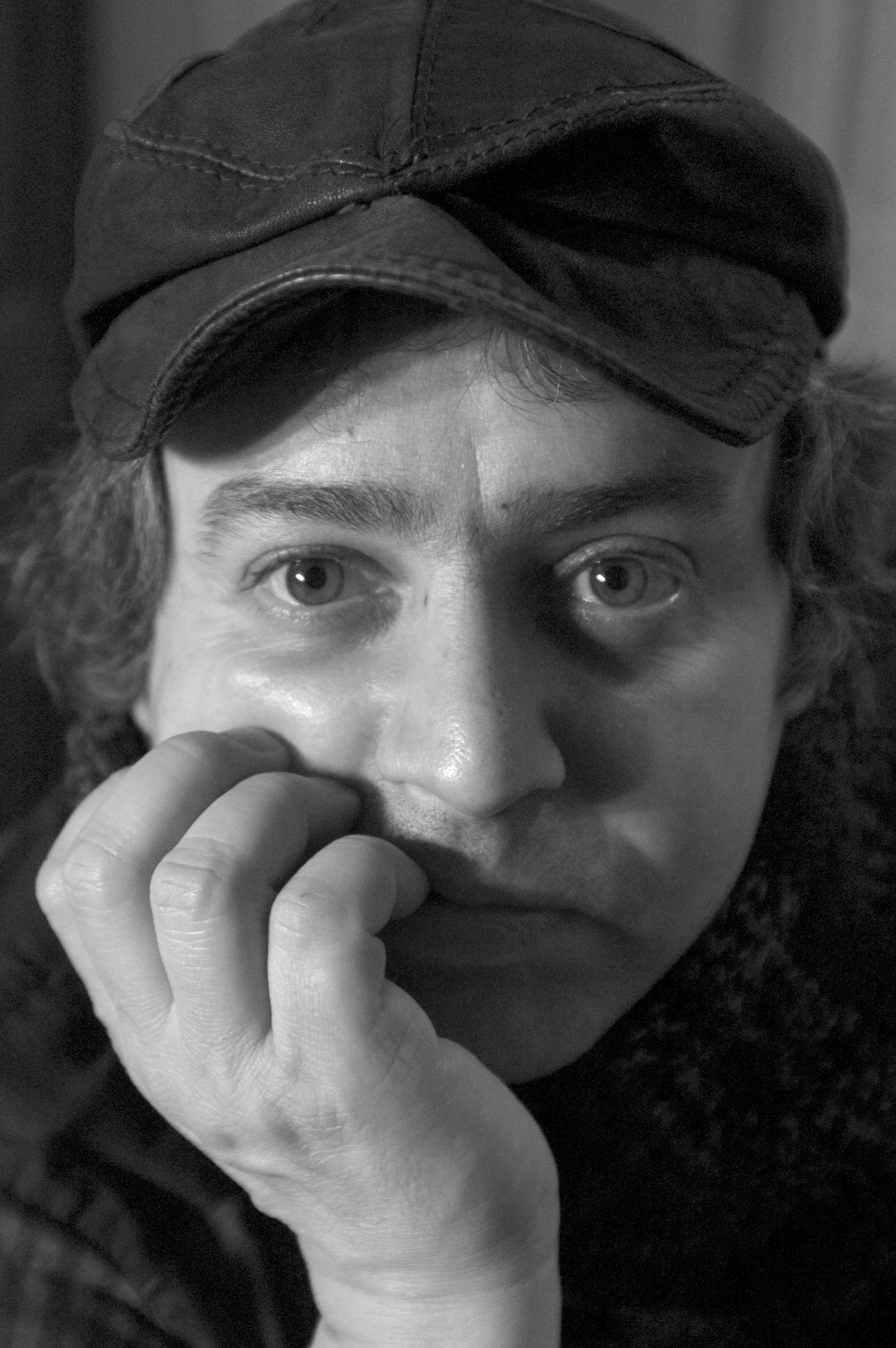I was interested in the contrast between what was being said and the reality

Stáhnout obrázek
Karel Cudlín was born on 28 June 1960 in Prague. His family lived in Žižkov and it was there that Karel‘s interest in photographic documentary began to awaken, when he started to capture life on the street. His father, Miroslav Cudlín, M.D., who worked as a factory doctor, then took him to the factory where he photographed workers. Nevertheless, his parents hoped that Karel would follow in his father‘s footsteps. However, he tore up his application to medical faculty and after graduating from grammar school he continued his studies at the so-called two-year follow-up study at the Secondary Social and Law School. This, as well as his subsequent employment, allowed him to take photos at other interesting places. Eventually he managed to be admitted to Film and TV School of Academy of Performing Arts in Prague (FAMU), majoring in artistic photography, from which he graduated in 1987. In 2016 he was appointed a senior lecturer there. Karel Cudlín has been a freelance photographer for most of his life, and is the author of many documentary photographic cycles, such as those of the removal of Soviet troops. He is also the recipient of many awards. From 1997 to 2003 he was one of the official photographers of President Václav Havel. Other photographic cycles were created in places he repeatedly returned to, mainly in Ukraine and Israel. At present (2023) he is still engaged in documentary photography and teaches externally at FAMU and Michael Academy in Prague. He lives in Prague.










